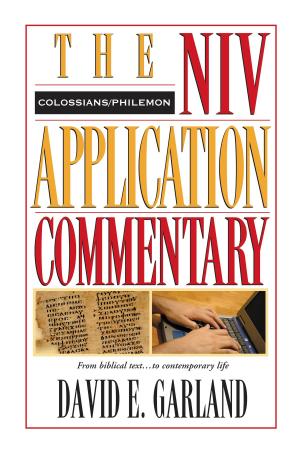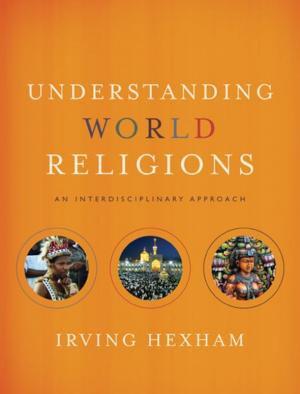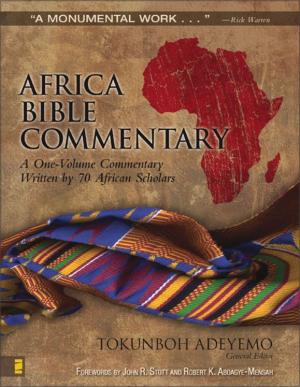Cultural Anthropology
A Christian Perspective
Nonfiction, Religion & Spirituality, Christianity, Missions & Missionary Work| Author: | Stephen A. Grunlan, Marvin K. Mayers | ISBN: | 9780310535867 |
| Publisher: | Zondervan Academic | Publication: | November 22, 2016 |
| Imprint: | Zondervan Academic | Language: | English |
| Author: | Stephen A. Grunlan, Marvin K. Mayers |
| ISBN: | 9780310535867 |
| Publisher: | Zondervan Academic |
| Publication: | November 22, 2016 |
| Imprint: | Zondervan Academic |
| Language: | English |
This volume on cultural anthropology presents a Christian perspective for Bible school students of conservative evangelical backgrounds. The hope is that a sympathetic approach to the problems of cultural diversity throughout the world will help young people overcome typical North American cultural biases and bring understanding and appreciation for the diversities of behavior and thought that exist in a culturally heterogeneous world. Grunlan and Mayers take the position of "functional creationism"; and though they discuss some of the problems implied in traditional interpretations of the age of the world and especially of the creation of the human race, they do not attempt to deal with either physical anthropology or the origins of man. They do, however, attempt to deal meaningfully with the problems posed by biblical absolutism and cultural relativism, and their practice. Concluding chapters with a series of thought-provoking questions should prove to be of real help to both the professional and nonprofessional teacher of anthropology.
This volume on cultural anthropology presents a Christian perspective for Bible school students of conservative evangelical backgrounds. The hope is that a sympathetic approach to the problems of cultural diversity throughout the world will help young people overcome typical North American cultural biases and bring understanding and appreciation for the diversities of behavior and thought that exist in a culturally heterogeneous world. Grunlan and Mayers take the position of "functional creationism"; and though they discuss some of the problems implied in traditional interpretations of the age of the world and especially of the creation of the human race, they do not attempt to deal with either physical anthropology or the origins of man. They do, however, attempt to deal meaningfully with the problems posed by biblical absolutism and cultural relativism, and their practice. Concluding chapters with a series of thought-provoking questions should prove to be of real help to both the professional and nonprofessional teacher of anthropology.















